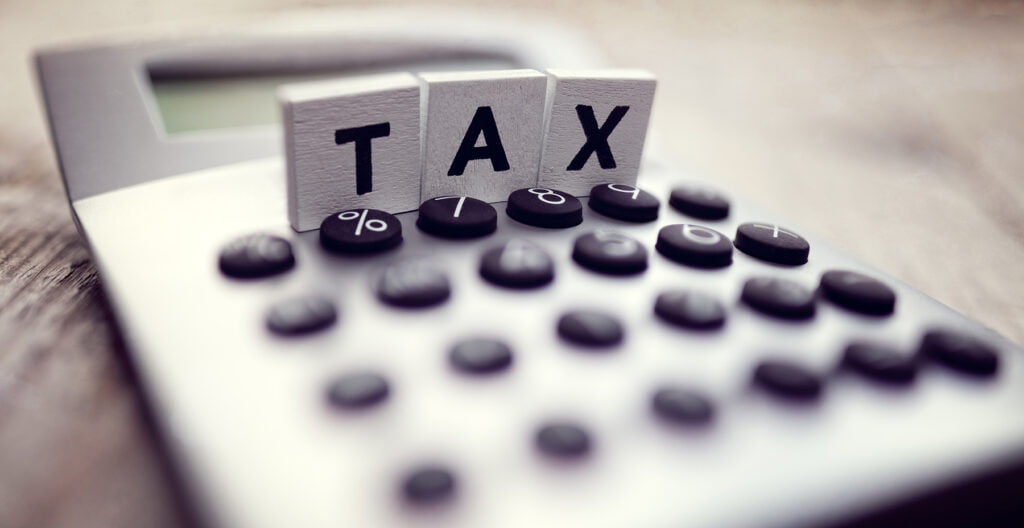TAX planning for small business owners

Master your taxes so you can focus on growing your dream—without the year-end stress.
Why Thoughtful Tax Planning Is a Game-Changer
Tax planning shouldn’t be a scramble in April. Embracing it year-round means smarter decisions, built-in savings, and long-term peace of mind. Whether you’re running solo or leading a small team, proactive planning is the smartest route forward.
1. Choose the Optimal Business Structure
Your business structure—whether it’s a sole proprietorship, LLC, S-Corp, or corporation—has substantial tax implications. LLCs and pass-through entities avoid double taxation, whereas corporations face taxes at both the entity and shareholder levels. Consider an S-Corp election if your net earnings exceed $50K—it may reduce your self-employment taxes.
2. Know Your Deductions & Credits Inside Out
-
-
Qualified Business Income (QBI) deduction: Allows up to 20% off your eligible income. High earners or professionals in certain fields may have limitations. H.R. 1 makes this deduction permanent—but it applies fully starting in 2026.
-
Section 179 expensing: Write off up to $1.25 million in equipment or property immediately in 2025.
-
Depreciation strategies: Use bonus depreciation while it’s plentiful—perfect for significant equipment buys.
-
Don’t skip small wins: Home office, vehicle use, startup costs, professional development, and even bank fees often go overlooked.
-
3. Smart Retirement Planning = Tax Savings + Future Security
Retirement plans are more than just saving for later—they lower taxable income now:
-
-
Solo 401(k) and SEP IRA: Offer high contribution limits—up to $69K in 2025—and may be doubled if a spouse is on payroll.
-
Cash Balance Pension Plans: A newer option delivering potential contributions of $100K–$400K annually for high-earning business owners.
-
4. Keep Meticulous Records and Pay Quarterly Taxes
Track your income and expenses faithfully. Use tools like QuickBooks or Keeper for cleaner, audit-ready records.
If you expect to owe more than $1,000 in taxes, estimated payments are your friend—making them on time helps you avoid unnecessary penalties.
5. Time Your Income and Expenses Strategically
With cash-based accounting, you can gain flexibility:
-
-
Defer income into next year if you expect your tax rate to drop.
-
Accelerate expenses now to reduce this year’s tax liability.
-
Or flip the strategy—accelerate income if rates are rising.
-
6. Take Advantage of QSBS When Possible
If your business is set up as a C-Corp, you might qualify for Qualified Small Business Stock (QSBS) benefits—allowing you to exclude up to $10 million (or 10× your investment basis) from capital gains when you sell, potentially increasing to $15 million if acquired after July 4, 2025. A powerful strategy for exit planning and wealth-building.
7. Leverage Professional Expertise for Maximum Benefit
A trusted tax advisor or CPA isn’t just crunching numbers—they alert you to:
-
-
Changing tax laws and deadlines.
-
Emergency planning like upcoming IRS changes.
-
Complex opportunities like QSBS or advanced retirement vehicles.
-
They also bring peace of mind—and can represent you if audits arise.
8. Turn Tax Planning Into a Timely, Proactive Practice
Create a simple tax calendar that includes:
-
-
Quarterly tax deadlines.
-
Retirement plan setup windows.
-
Equipment or asset purchase timing.
-
Entity election deadlines and benefit phase-outs.
-
Your Checklist at a Glance
| Strategy | Why It Matters |
|---|---|
| Choose the right entity | Avoid double taxation and optimize structure |
| Maximize deductions & credits | Slash your taxable income |
| Set up smart retirement plans | Reduce taxes now and save for later |
| Keep detailed records | Make tax time easier—and safer |
| Pay quarterly taxes | Prevent penalties and smoothing cash flow |
| Time income/expenses smartly | Lower this year’s tax bill |
| Consider QSBS strategies | Potentially massive gains excluded from tax at exit |
| Work with professionals | Unlock savings and stay compliant |
| Maintain a tax calendar | Avoid missed opportunities or slippage |
Final Thought
Tax planning isn’t a chore—it’s your strategic edge. By doing the right things at the right time, you’re not just paying less—you’re building a stronger, more sustainable future for yourself and your business.
Need help tailoring this to your specific situation—or comparing retirement plans? Just say the word.